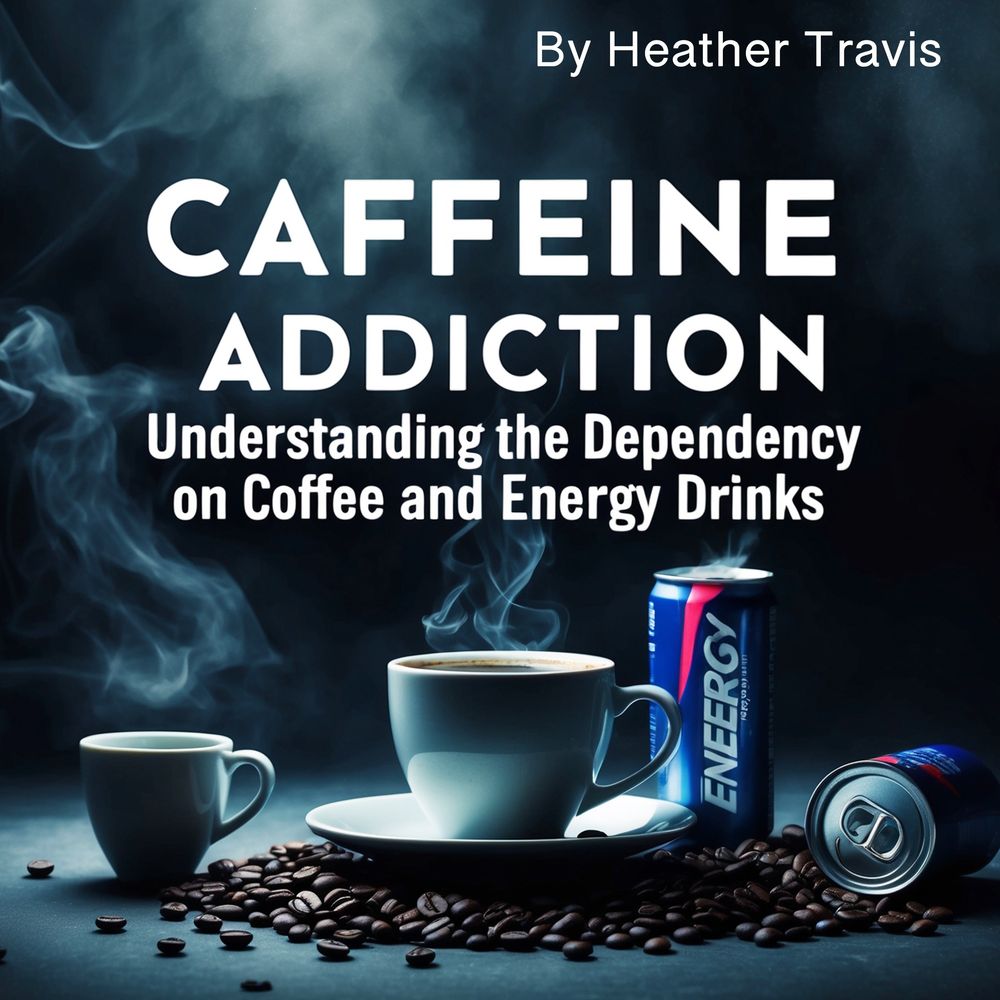Caffeine Addiction
This audiobook is narrated by a digital voice. In coffee shops on every corner, in energy drinks lining convenience store shelves, and in the daily rituals of billions of people worldwide, caffeine has woven itself so deeply into the fabric of modern civilization that questioning its ubiquity seems almost heretical. This bitter alkaloid, originally evolved by plants as a pesticide to protect against insects, has become humanity's most widely consumed psychoactive substance, creating a global culture of socially sanctioned addiction that affects nearly 90% of adults in developed countries. What makes caffeine unique among addictive substances is not just its universal acceptance, but the way society has structured itself around the assumption that chemical stimulation is necessary for normal human functioning. The story of caffeine begins millions of years ago when certain plants evolved the ability to produce this bitter compound as a natural defense mechanism against herbivores and insects. Coffee plants in the highlands of Ethiopia, tea bushes in ancient China, cacao trees in Mesoamerica, and kola nuts in Africa all independently developed caffeine production, creating a chemical that would eventually reshape human civilization. The evolutionary irony is profound: a substance plants created to repel consumption became one of the most sought-after compounds in human history. The discovery and spread of caffeine-containing plants across human civilizations reads like a chronicle of cultural transformation. Ethiopian legends tell of a goat herder named Kaldi who noticed his flock becoming energetic after eating certain berries, leading to the discovery of coffee around 850 CE. Chinese emperor Shen Nung allegedly discovered tea in 2737 BCE when leaves accidentally fell into his boiling water, creating the first cup of tea. These origin stories, whether factual or mythical, point to humanity's ancient recognition of caffeine's powerful effects on consciousness and energy.
-
Autore:
-
Durata in (hh:mm:ss):00:56:31
-
Anno edizione:2025
-
Editore:
Formato:
Gli Audiolibri venduti dal nostro sito sono in formato MP3 e protetti da un DRM proprietario Kobo.
Compatibilità:
Gli Audiolibri venduti dal nostro sito possono essere ascoltati sul tuo smartphone o tablet tramite la APP gratuita Kobo Books scaricabile da iOS o Android. Gli Audiolibri non possono essere scaricati in locale o trasferiti su un client di ascolto diverso da quello fornito tramite Kobo. Non è possibile ascoltare gli audiolibri con la Kobo APP Desktop. Puoi ascoltare gli Audiolibri tramite determinati eReader Kobo, utilizzando cuffie o casse con Bluetooth. Visita la pagina degli eReader per avere maggiori dettagli.
Cloud:
Gli Audiolibri venduti singolarmente dal nostro sito sono immediatamente sincronizzati sul tuo account personale in automatico. Successivamente all'acquisto, sono subito disponibili all'ascolto tramite i client di lettura Kobo compatibili.
Clicca qui servissero ulteriori informazioni



